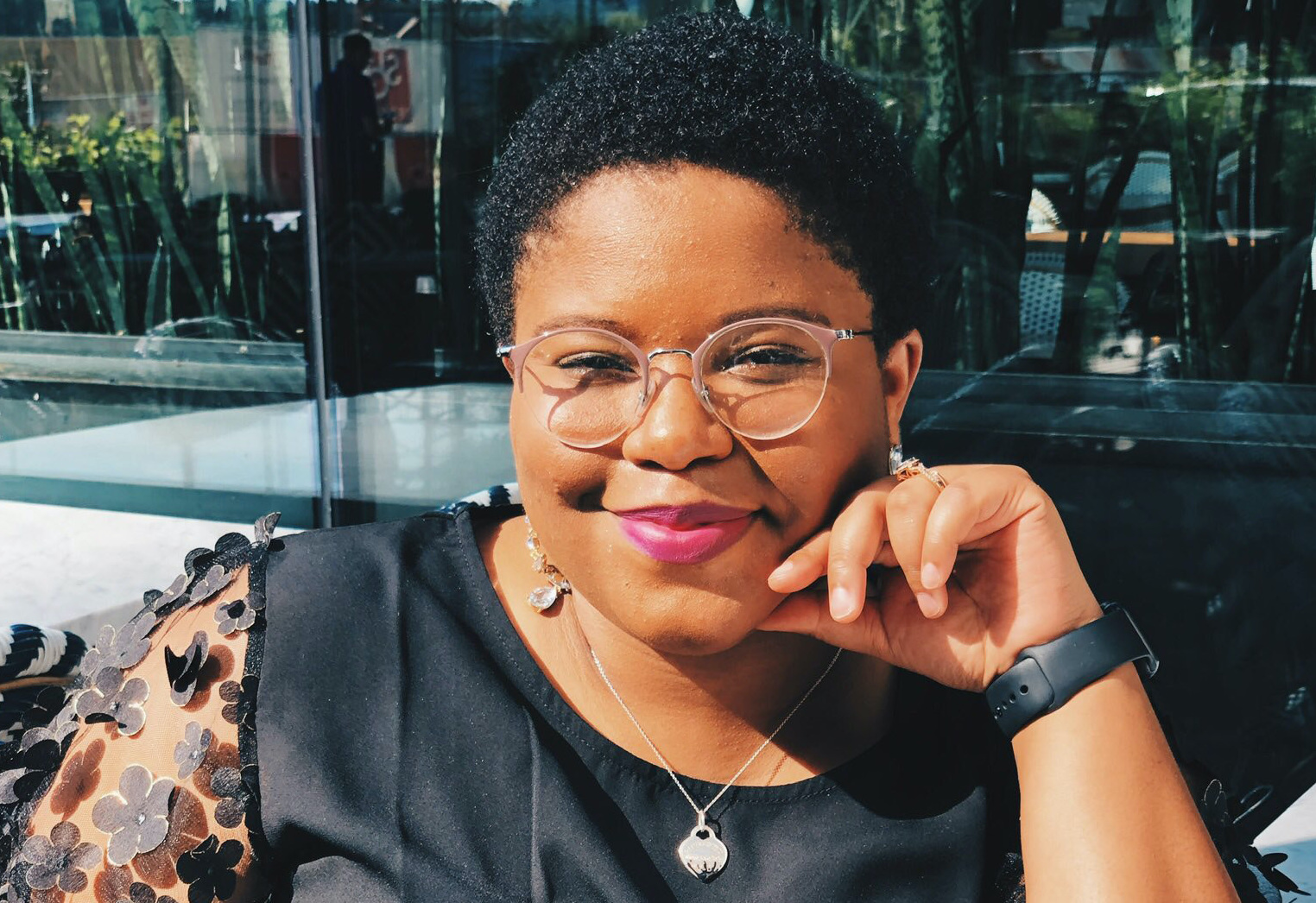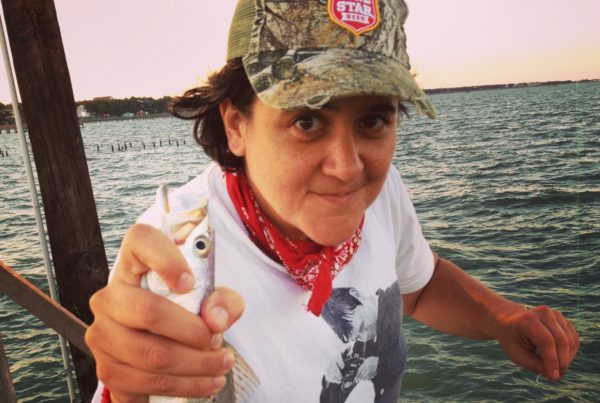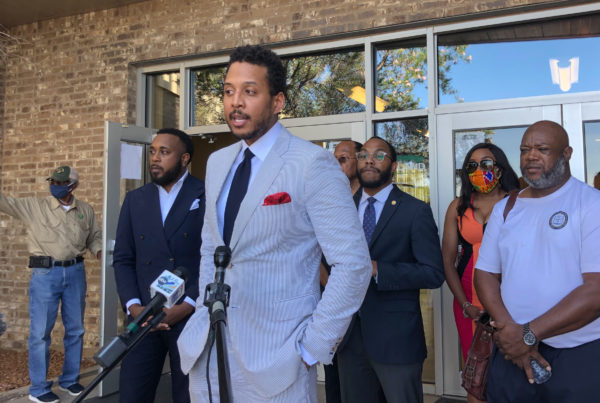Nationwide protests over police violence have spurred conversations about systemic racism in institutions beyond law enforcement.
University of Texas at Austin Ph.D. student Joy Melody Woods recently began sharing her experiences of racism in academia using #BlackInTheIvory on Twitter. Her comments resonated with many others who have since used the hashtag to describe their own experiences of being black in higher education.
Woods, who is studying health equity and interpersonal communication, told Texas Standard host David Brown on Monday that the conversation on social media has been “overwhelmingly positive.”
“It seems to be people sharing their own stories, and then the faculty who aren’t black saying, ‘Hey, tune into this,'” she said.
But she didn’t expect the hashtag to become so popular. It was something she and a colleague cooked up late one night. Now, she wants it to be a way for universities to better understand what it’s like to be “black in a white space.”
“People think that it’s a utopia,” Woods said.
But her own experiences, and those of many others, tell her that’s not true.
“I had a faculty member tell me that I was only there because I was black; I was a diversity admit,” she said. “There is a serious issue and I wasn’t alone. And I ended up having to switch programs.”
She said making these stories visible on social media is a cue for universities to more deeply explore and root out racism on campus.
One way forward, she said, is to revisit discussions, complaints or people who may have been dismissed in the past. Often, she said, black and brown people have been working on combating racism in academic departments for years, but that work may have been ignored.
“Go back to those faculty and pay them for the extra labor, and listen to them and implement that change.”
Woods also recommended that universities examine how racism and exclusion might be embedded in their bureaucracies.
Web story by Caroline Covington.















